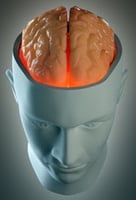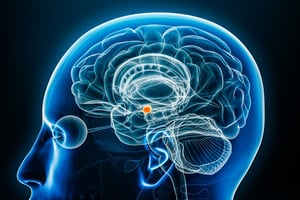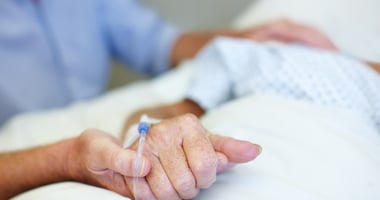World's Largest Collection of Autism Brain Samples Severely Damaged
 |
Of the 53 compromised samples, 52 had already been bisected, with one hemisphere being placed in formalin. These fixed hemispheres remain available for research or have been assigned to specific research efforts such as the Brain Atlas project. "Fortunately, the affected tissue has already been used in many studies," said Autism Speaks Chief Science Officer Geri Dawson, Ph.D. "Although this event will affect the availability of tissue for future research, we cannot yet determine the level of impact, but we are confident that we can maintain the momentum of scientific studies based on brain tissue."
HBTRC and Autism Speaks are conducting independent assessments to determine how the alarm failure occurred.
Autism Speaks recently formed a collaboration with the National Database for Autism Research, forming possibly the largest repository of genetic, phenotypic, clinical, and medical imaging data related to research on autism spectrum disorders. Read more about it in Psychiatric News, here .
(Image: Hywit Dimyadi/Shutterstock.com)





